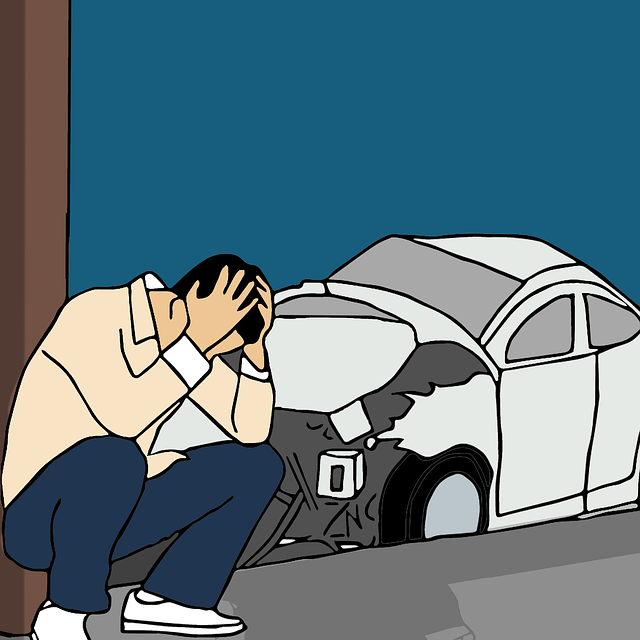Wrongful death lawsuits compensate survivors for losses due to a loved one's negligent or intentional death. Engaging a lawyer is crucial for these complex cases, focusing on defining parties, outlining damages (medical, funeral costs, lost earnings, pain and suffering), and proving liability through breach of fiduciary duty. Understanding the process and legal avenues is vital for securing maximum compensation in a wrongful death settlement.
“In the intricate landscape of legal redress, wrongful death settlements play a pivotal role in compensating families affected by the loss of a loved one. This article navigates the crucial aspects of wrongful death lawsuits, delving into the key components that define a fair settlement agreement. Understanding the legal framework behind these terms is essential for both plaintiffs and defendants, as it determines the compensation for loss, pain, and suffering. By exploring these dynamics, we aim to empower folks with knowledge in this emotional yet vital process.”
- Understanding Wrongful Death Lawsuits
- Key Components of a Settlement Agreement
- Negotiating Fair Compensation for Loss
Understanding Wrongful Death Lawsuits

Wrongful death lawsuits are legal actions brought forth by the surviving family members or dependents of a person who has died as a result of someone else’s negligence or intentional act. These cases aim to hold accountable those responsible for the decedent’s untimely demise and provide compensation for the harm suffered by the survivors. When a loved one passes away due to circumstances that could have been avoided, such as a truck accident caused by a negligent driver or medical malpractice from an elder law perspective, it is crucial to understand the legal options available.
A successful wrongful death settlement can offer financial relief to help families cope with their loss and cover various expenses like funeral costs, pain and suffering endured by the victim before their passing, and economic losses resulting from the decedent’s inability to work. Engaging the services of a competent personal injury lawyer is often a pivotal step in navigating these complex legal proceedings, ensuring that the survivors receive fair compensation for their grief and financial burden.
Key Components of a Settlement Agreement

When negotiating a wrongful death settlement, several key components must be addressed to ensure a comprehensive and fair agreement. The first step is to clearly define the parties involved, including the deceased’s heirs or beneficiaries, who will be entitled to the compensation. This stage also involves identifying the responsible party or parties, which can include individuals, businesses, or even government entities, depending on the circumstances leading to the wrongful death.
The settlement agreement should then outline the specific damages being claimed, such as medical expenses, funeral costs, loss of earnings, and the pain and suffering experienced by the deceased’s family. In cases involving serious injuries or wrongful death, proving liability often involves demonstrating a breach of fiduciary duty, where an individual or organization failed to uphold their legal responsibilities, leading to significant harm or loss of life.
Negotiating Fair Compensation for Loss

When negotiating a wrongful death settlement, determining fair compensation for the loss suffered by victims and their families is paramount. This process involves careful consideration of various factors such as medical expenses, funeral costs, lost earnings, and the pain and suffering experienced by the surviving relatives. A personal injury lawyer plays a crucial role in navigating these complex aspects, ensuring that all legal avenues are explored to secure the maximum possible payout.
In cases involving nursing home abuse or other forms of personal injury resulting in death, understanding the legal definitions behind settlement terms is essential. Breach of fiduciary duty, for instance, may entitle the victims’ families to significant compensation if it can be proven that a care provider or facility failed to uphold their duties of care. By delving into these intricacies, affected parties can better comprehend their rights and work towards achieving justice and fair compensation in wrongful death settlements.
Understanding the legal definitions behind wrongful death settlement terms is crucial for navigating these complex cases. By familiarizing themselves with the key components of a settlement agreement, individuals can ensure they receive fair compensation for their loss. Through meticulous negotiation, it’s possible to secure a wrongful death settlement that reflects the true value of the victim’s life and provides a measure of justice for their loved ones.






